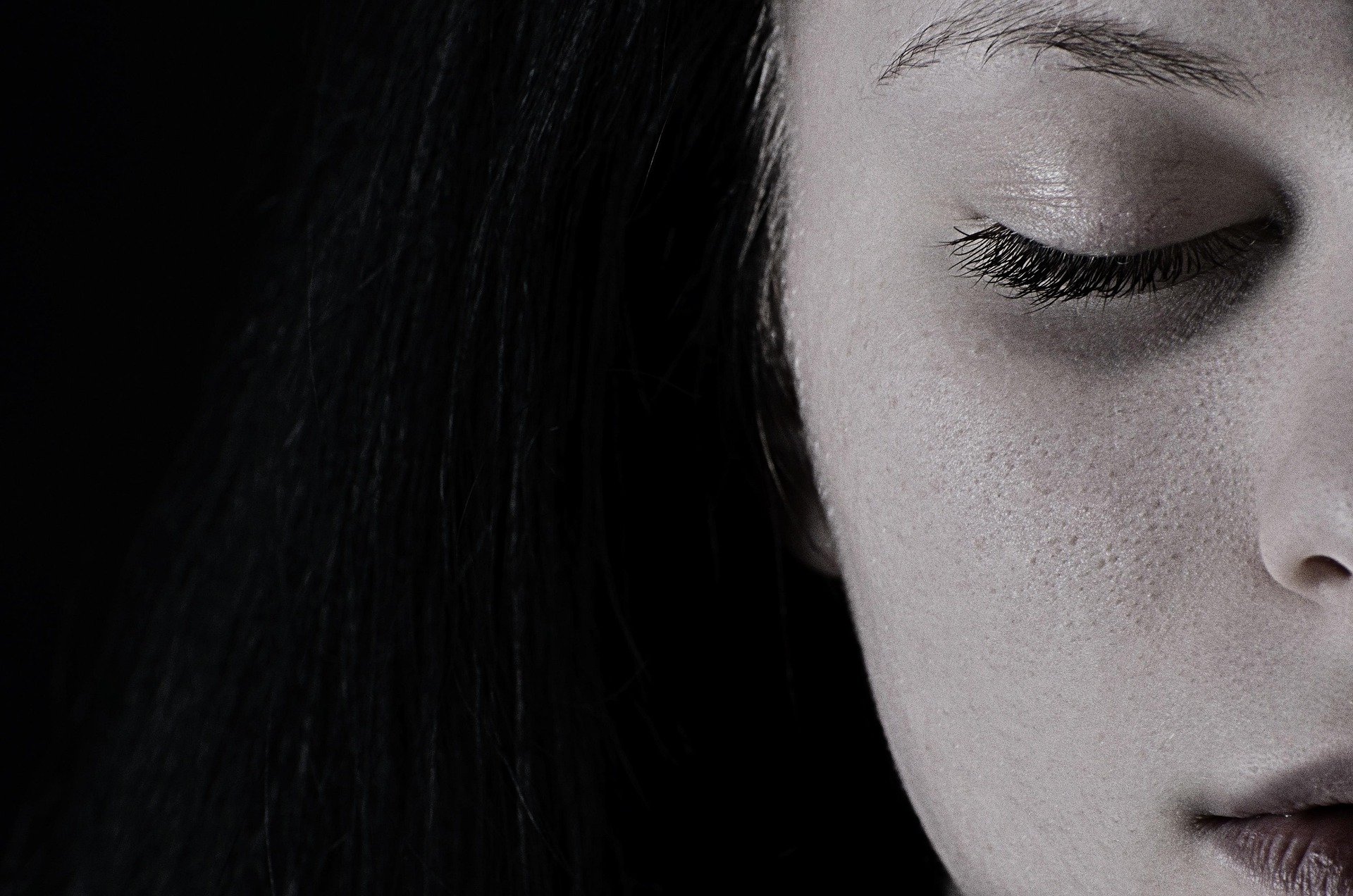Everyone experiences sadness or stress at times, especially when life throws unexpected challenges our way. But when feelings of hopelessness, exhaustion, or disinterest in life linger for weeks or months, it may be a sign of major depression. Depression is more than just feeling down. It may effect your thoughts, emotions, and even your physical health. Understanding its signs and knowing when to seek help can be life-changing.
What Does Depression Look Like?
Depression doesn’t always appear the way people expect. Some assume it means uncontrollable crying or staying in bed all day, but it can also show up as persistent irritability, numbness, or even physical discomfort. It can sap motivation, making daily routines such as getting out of bed, working, or even enjoying time with loved ones feel overwhelming.
One of the most telling signs is a deep sense of sadness or emptiness that doesn’t lift, no matter what’s happening in life. Hobbies and social activities that once brought joy may feel meaningless. Conversations might seem like a chore, and even small decisions (e.g., what to eat, what to wear) can feel exhausting.
Depression also disrupts basic functions like sleep and appetite. Some people find themselves sleeping much more than usual, while others experience insomnia and restless nights. Appetite changes are common, too, leading to noticeable weight loss or gain. Physically, depression can manifest as unexplained aches, headaches, or stomach issues, reinforcing the misconception that it’s “just in the mind.”
Another hallmark of depression is a shift in self-perception. Feelings of guilt, worthlessness, or believing that others would be better off without you can creep in. Small mistakes may feel like monumental failures, and negative self-talk can become relentless. This distorted way of thinking can make it hard to see a way forward.
Perhaps one of the most concerning aspects of depression is when it leads to thoughts of self-harm or suicide. If you or someone you know is experiencing these thoughts, it’s important to seek help right away. Depression is treatable, and support is available.

Why Does Depression Happen?
There is no single cause of depression. It can stem from genetics, brain chemistry, stressful life events, chronic illness, or even prolonged stress. Sometimes, there is an obvious trigger, such as a major loss or trauma, but other times it appears without a clear reason. Regardless of the cause, depression is not a personal failing, and it’s not something that can be willed away through sheer determination.
Getting Help and Moving Forward
Recognizing depression is the first step toward healing. If these struggles sound familiar, or if someone you care about is showing these signs, reaching out to a professional can make a difference. Therapy, lifestyle changes, and in some cases, medication, can provide relief and help restore balance.
If a loved one is struggling, it is important to check in with them and listen without judgment. You may even need to encourage them to seek support. Depression thrives in isolation, so knowing someone cares can make a world of difference.
Resources for Help
If you or someone you know is experiencing depression, these resources can provide support:
- 988 Suicide & Crisis Lifeline – Call or text 988 for free, 24/7 support.
- Crisis Text Line – Text HELLO to 741741 to connect with a trained crisis counselor.
- National Alliance on Mental Illness (NAMI) – Visit www.nami.org for education and local support groups.
- American Psychological Association Psychologist Locater – Find a licensed therapist near you at https://locator.apa.org/.
Depression can make it hard to believe things will get better, but with the right support, healing is possible. If you’re struggling, know that you are not alone. Help is available and hope is within reach.


